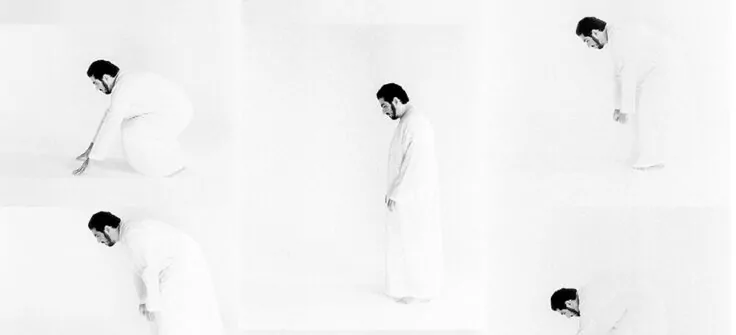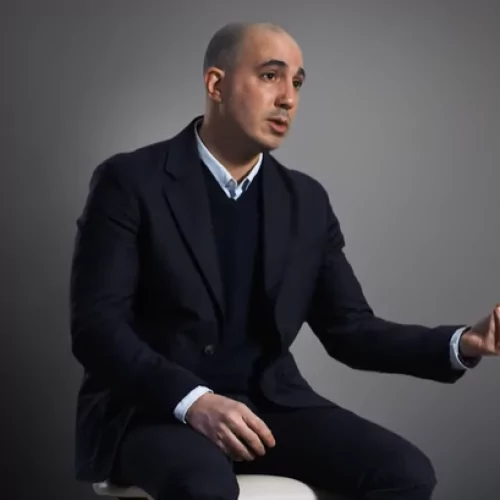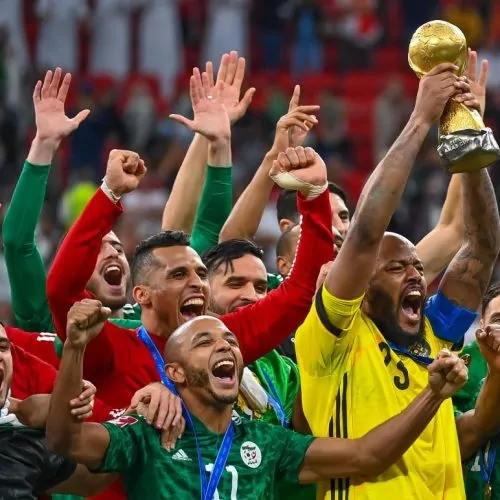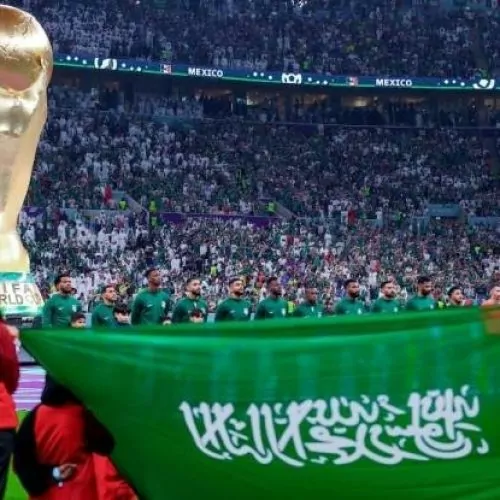In just a few months, 26-year-old Egyptian football player Mohamed Salah has become a global superstar sensation. He has scored an incredible 43 goals in 49 matches this past season alone, bringing his team, Liverpool FC, to the finals of the Champion’s League. Praised by football fans in the UK, the openly Muslim striker seems to be changing the narrative for his community in post-Brexit Britain.
Two years ago, the UK voted to leave the European Union in a historic referendum, which has allowed for a huge rise of Islamophobic acts in the country. While Downing Street consolidates its strict policies in terms of immigration, it surprisingly seems like British football is taking a progressive turn, and Salah’s rise is responsible for in fact sparking a new conversation within the British society around Muslims.
When he scores, Salah celebrates with an Islamic gesture, thanking Allah for gifting him. And then, Liverpool fans, who have always had a reputation for being passionate, fervent supporters, start singing, “If he scores another few, then I’ll be Muslim too”. Salah’s success is undeniably disrupting the media’s constructed discourse on Muslims, who usually feel discriminated and stigmatised, especially when their faith is too apparent. Indeed, society has had a tendency for celebrating difference, but paradoxically only when it’s invisible. For instance, people all around the globe adore the Hadid supermodel sisters, and that’s probably because their lifestyle doesn’t really translate their Muslim Palestinian descent. For a long long time, Muslims have felt the need to assimilate and blend in, in order for them to integrate. But with his 16 millions of followers, Salah, who explicitly expresses his attachment to his religious and cultural roots, is challenging that.
And his popularity is crossing borders; in New York a giant mural of Salah wearing the Egyptian jersey has been painted on Times Square. In France, where secularism is sacred and identity debates are tensed, he landed the cover of major sports publication l’Équipe. And in Egypt, Salah has become a role model for the disillusioned youth. Last April, more than one million Egyptian voters spoiled the ballots by attempting to elect him to become President.
Although Salah changing perceptions of Arabs and Muslims is something to be happy about, I still wonder whether his recent fame can actually translate into a concrete change in British culture, at a time when anti-Muslim sentiments are vigorously gaining the spheres of mainstream politics.










